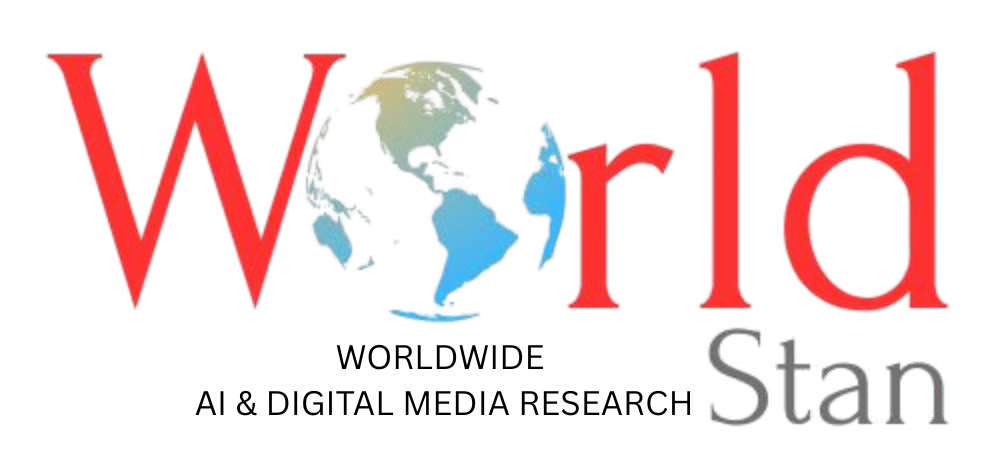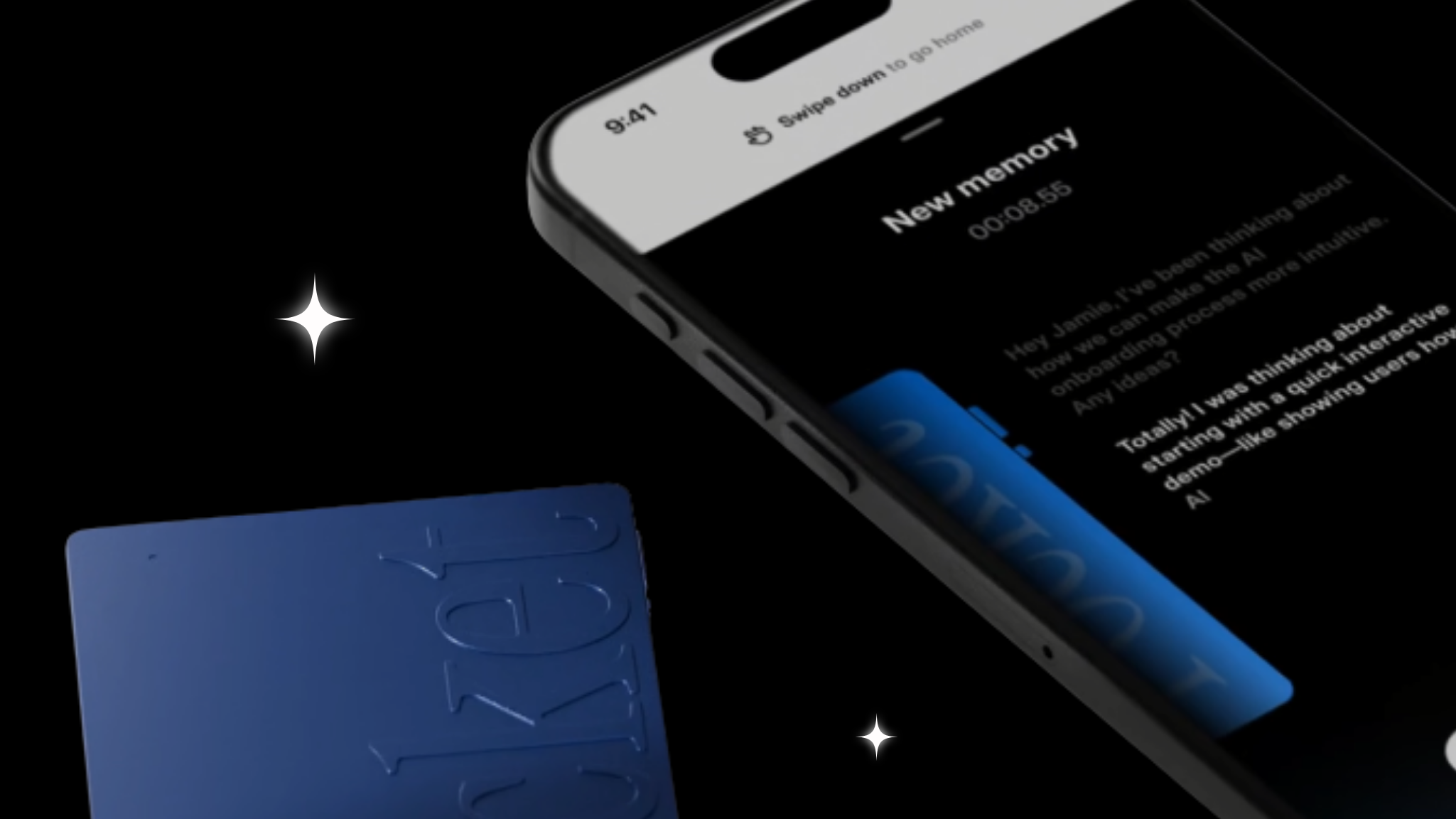A new generation of AI productivity devices is emerging, and Pocket leads this shift by offering a screen-free companion designed to capture, organize, and clarify ideas the moment they form.
Pocket AI: Introducing the World’s First AI Thought Companion for Fast-Moving Minds
A new category of personal productivity technology is emerging with the introduction of Pocket, a screen-free AI thought companion designed to support individuals who think, create, and collaborate at pace. Unlike conventional mobile apps and note-taking tools, Pocket functions as a dedicated device that captures spoken ideas instantly and transforms them into structured summaries, action items, and visual mind maps. The device positions itself at the intersection of cognitive augmentation, AI-assisted productivity, and seamless human–technology interaction.
The concept behind Pocket stems from a recognizable challenge in modern workflows: ideas tend to surface when our hands are busy and our attention is divided. Switching between apps, typing notes, or rewatching recordings often disrupts the natural rhythm of thinking. Pocket offers a different approach. The device attaches magnetically to a smartphone using MagSafe or an included mounting ring, enabling users to record thoughts and conversations the moment they arise.
A Screen-Free Productivity Device Built for Clarity
Pocket operates without a screen, a deliberate choice that shifts focus away from visual navigation and toward uninterrupted cognitive flow. It captures audio using a combination of studio-grade microphones and a contact microphone that helps separate speakers clearly during meetings and collaborative discussions. Once recorded, the audio is processed through a model-agnostic AI layer that can draw from systems such as GPT-5, Claude, and Gemini. The system selects the best-performing model for each task, whether summarization, transcription, or idea mapping.
The result is an organized and searchable record of conversations, brainstorming sessions, and personal reflections. Users can tag key insights, revisit discussions, and view dynamic thought structures generated by the device’s mind mapping capabilities.
Designed for Creators, Founders, and Professionals
The device has quickly gained traction among creators, founders, consultants, and individuals whose work depends heavily on ideation, strategic thinking, and time-efficient documentation. Many early users emphasize its ability to enable full presence during meetings and discussions, reducing reliance on manual note-taking. For individuals who brainstorm while walking, driving, or working hands-on, Pocket serves as a reliable AI memory tool that captures thoughts before they slip away.
Customer feedback highlights minimal setup time, stable recording performance, and a design intended to blend into daily routines. With a four-day battery life and onboard storage of 128GB, Pocket supports extended offline use and automatic syncing once a connection is restored.
Privacy and Data Control
Security remains a core component of the device’s value proposition. Pocket employs end-to-end encryption and allows users to store their data locally on the device or on encrypted U.S.-based servers. The platform architecture is open-source, supporting transparency and user trust. Even if the device is misplaced or replaced, users retain access to their captured content through account-based backups.

Key Capabilities
Real-time AI summaries and structured action items in over 120 languages
Speaker-separated audio capture through multi-microphone array
Dynamic mind maps for clearer visualization of complex discussions
Four-day battery life, magnetic attachment, and offline recording
No subscription required for core use, with 300 monthly minutes included free
These features position Pocket as more than a voice recorder. It serves as an integrated AI productivity device that helps users progress from raw thoughts to actionable outcomes.
A Dedicated Device Instead of Just Another App
While many productivity systems operate purely as mobile applications, Pocket’s developers argue that hardware matters. A dedicated device is always available, records without navigating screens, and does not drain a smartphone’s primary resources. This approach aims to eliminate common friction points that lead to missed insights and fragmented ideas.
Pocket is compatible with both iOS and Android devices through the companion app available in their respective app stores. The device currently ships within the United States, with an estimated delivery window of 7 to 10 business days. Global expansion is planned as production capacity increases.
Looking Ahead: Thought Technology as a New Category
Pocket represents the early stage of what may become a broader movement toward cognitive augmentation tools: devices that help individuals think more clearly, organize more effectively, and engage more deeply with their work. In environments where speed and clarity are increasingly decisive, a system that simplifies idea capture and meaning-making can become a competitive advantage.
As workflows continue shifting toward distributed collaboration and rapid ideation cycles, devices like Pocket may influence new norms in note-taking, meeting culture, and personal knowledge management. For many early adopters, the value is straightforward: Pocket preserves the ideas that come when inspiration strikes.
Conclusion:
Pocket marks a shift in how personal ideas and professional conversations are captured and transformed into meaningful output. By combining dedicated hardware with advanced AI summarization, transcription, and visualization capabilities, it redefines the role of a note-taking device in modern workflows. Its screen-free design encourages uninterrupted thinking, while its secure, model-agnostic software infrastructure ensures both flexibility and privacy. As digital productivity tools continue to evolve, Pocket stands out as an example of how technology can support human cognition rather than replace it, enabling individuals to work with greater clarity, intention, and focus.

